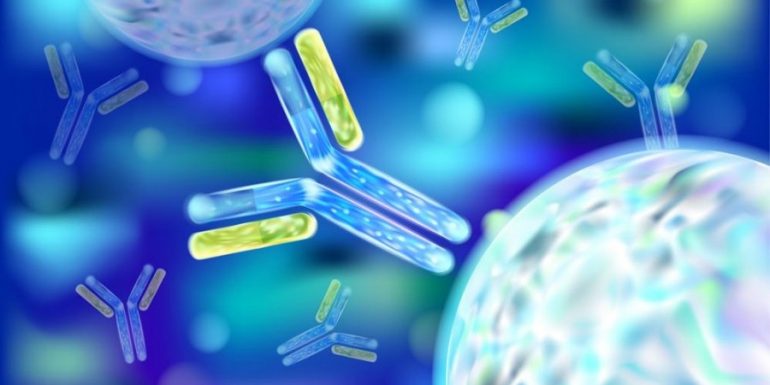The Therapeutic Clinic of the Medical School of EKPA conducts a study of the kinetics of antibodies against SARS-CoV-2 in volunteers who receive the vaccines approved by the Ministry of Health.
The results of the comparison of the production of neutralizing antibodies after the administration of the Pfizer or AstraZeneca vaccine to volunteers aged 60-64 years (median age 61 years with both vaccines) were recently announced. The choice of age group was made because citizens aged 60-64 were the first to be vaccinated with the AstraZeneca vaccine.
The comparison was made with health workers who received the Pfizer vaccine and were of the same age and sex as those who received the AstraZeneca vaccine.
The study measured the production of neutralizing antibodies (as their name suggests are those that "neutralize" the virus), the presence of which at a level of more than 30% is indicative of inactivation of the virus, while levels above 75% indicate very high virus protection.
They were measured on the day of the first dose of the vaccine (before vaccination), 3 weeks later (day 22, before the second dose of the Pfizer vaccine), and then after 4 weeks (day 50 after the first dose of the vaccine). The measurements are made with commercially available technologies that have been approved by the US Food and Drug Administration (FDA).
The study leaders, Evangelos Terpos (Professor of Hematology at EKPA), Ioannis Trougakos (Professor at the Department of Biology of EKPA) and Thanos Dimopoulos (Rector of EKPA) summarize the most important results of the research.
The results of 78 people who received the Pfizer vaccine were compared with those of 73 volunteers who received the AstraZeneca vaccine. Prior to the first dose of the vaccine, there was no difference in the value of the neutralizing antibodies between the two groups. On day 22, before the second dose of the Pfizer vaccine, 78% of those vaccinated with the Pfizer vaccine developed neutralizing antibodies, compared with 56% of those who received the AstraZeneca vaccine.
On day 50, when the Pfizer vaccine team had already received the second dose of the vaccine and 4 weeks had passed, the difference was even greater. Overall, 98% of those vaccinated with the Pfizer vaccine developed neutralizing antibodies (almost all at levels above 75%) versus 75% of those who received the AstraZeneca vaccine. In the AstraZeneca vaccine group, only 11% had neutralizing antibody titers above 75%, 50 days after the first dose of the vaccine. However, as the results show, there was an increase in the number of people with positive antibody titers and with the AstraZeneca vaccine, between 3 and 7 weeks after the first dose of the vaccine.
The study of EKPA shows that the effectiveness of vaccines is very high in the group of citizens aged 60-64 years. The second dose of vaccine is necessary to achieve high neutralizing antibody titers against SARS-CoV-2.
The results with the AstraZeneca vaccine, emphasize the EKPA Professors, state that the choice of many countries to suggest the administration of the second dose of the vaccine less than 12 weeks after the first dose, is correct, in order to reduce the period until achieving maximum production of neutralizing antibodies. These countries include Greece, which proposes the second dose of AstraZeneca vaccine between 8 and 12 weeks after the first dose, as well as the United Kingdom, which gives the second dose to vulnerable groups 8 weeks after the first dose, instead of 12 weeks which was his usual policy until a week ago.
Source: RES-EAP
